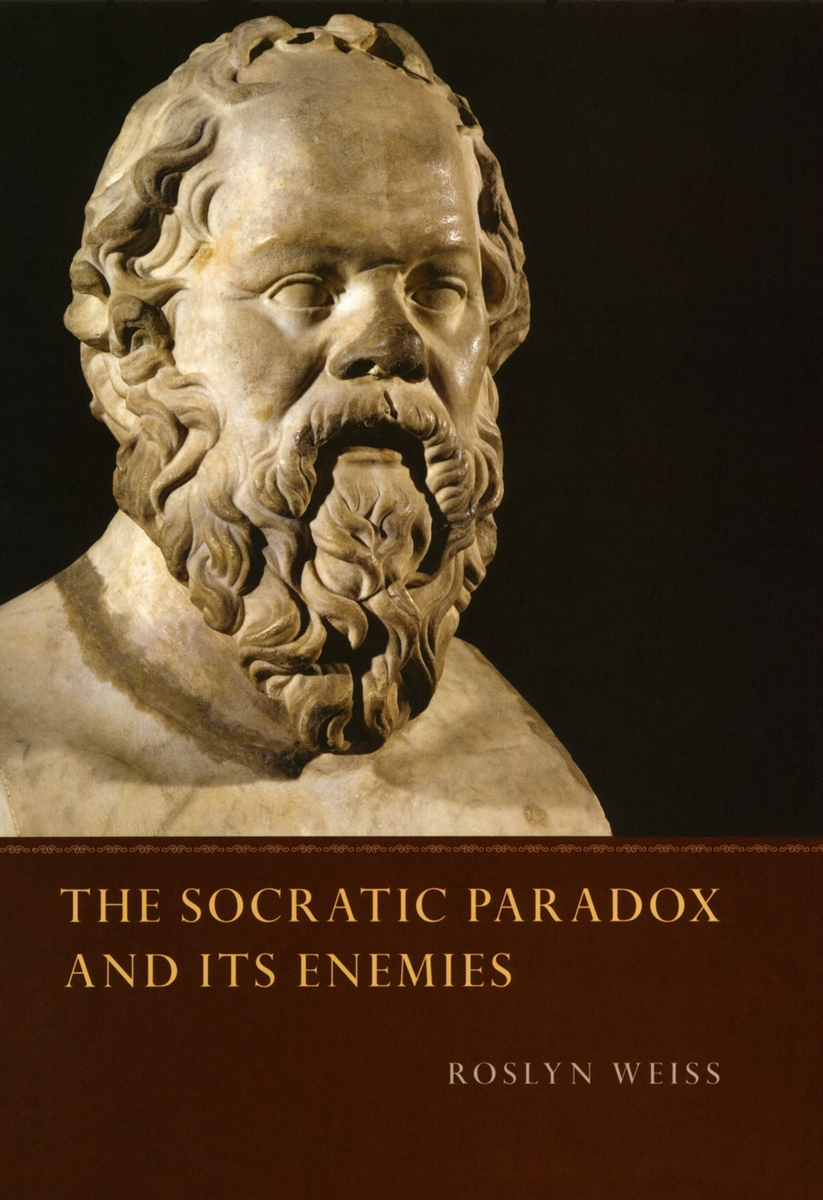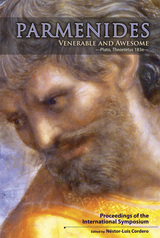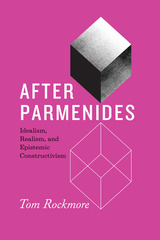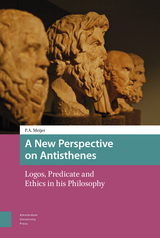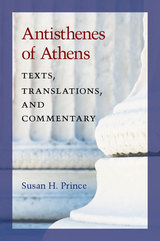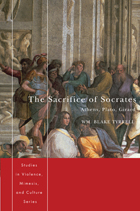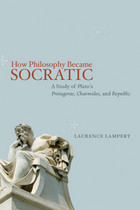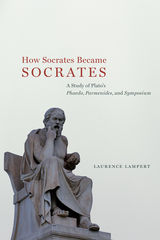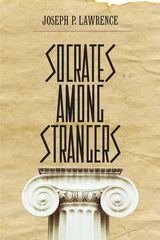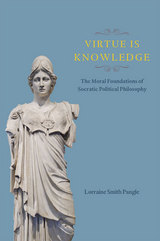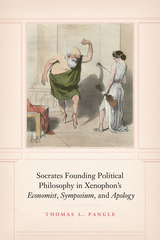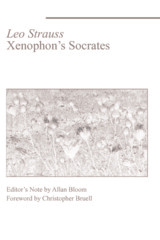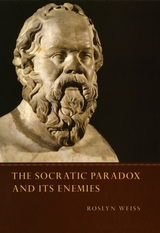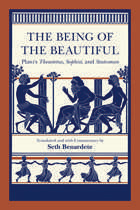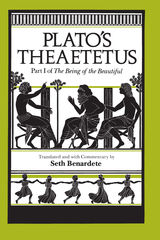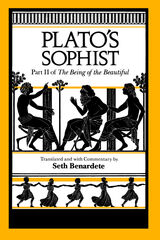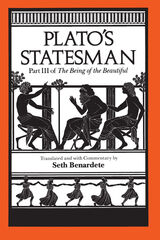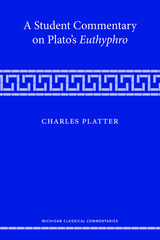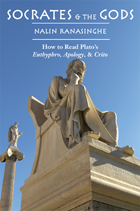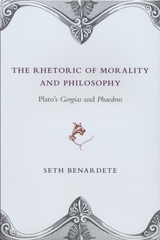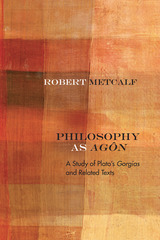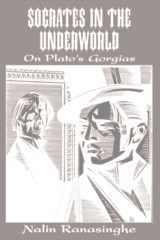The Socratic Paradox and Its Enemies
University of Chicago Press, 2006
Cloth: 978-0-226-89172-9 | Paper: 978-0-226-89173-6
Library of Congress Classification B317.W45 2006
Dewey Decimal Classification 183.2
Cloth: 978-0-226-89172-9 | Paper: 978-0-226-89173-6
Library of Congress Classification B317.W45 2006
Dewey Decimal Classification 183.2
ABOUT THIS BOOK | AUTHOR BIOGRAPHY | REVIEWS | TOC | REQUEST ACCESSIBLE FILE
ABOUT THIS BOOK
In The Socratic Paradox and Its Enemies, Roslyn Weiss argues that the Socratic paradoxes—no one does wrong willingly, virtue is knowledge, and all the virtues are one—are best understood as Socrates’ way of combating sophistic views: that no one is willingly just, those who are just and temperate are ignorant fools, and only some virtues (courage and wisdom) but not others (justice, temperance, and piety) are marks of true excellence.
In Weiss’s view, the paradoxes express Socrates’ belief that wrongdoing fails to yield the happiness that all people want; it is therefore the unjust and immoderate who are the fools. The paradoxes thus emerge as Socrates’ means of championing the cause of justice in the face of those who would impugn it. Her fresh approach—ranging over six of Plato’s dialogues—is sure to spark debate in philosophy, classics, and political theory.
“Regardless of whether one agrees or disagrees with Weiss, it would be hard not to admire her extraordinarily penetrating analysis of the many overlapping and interweaving arguments running through the dialogues.”—Daniel B. Gallagher, Classical Outlook
“Many scholars of Socratic philosophy . . . will wish they had written Weiss's book, or at least will wish that they had long ago read it.”—Douglas V. Henry, Review of Politics
See other books on: Intentionality (Philosophy) | Its Enemies | Philosophy, Ancient | Plato | Socrates
See other titles from University of Chicago Press
